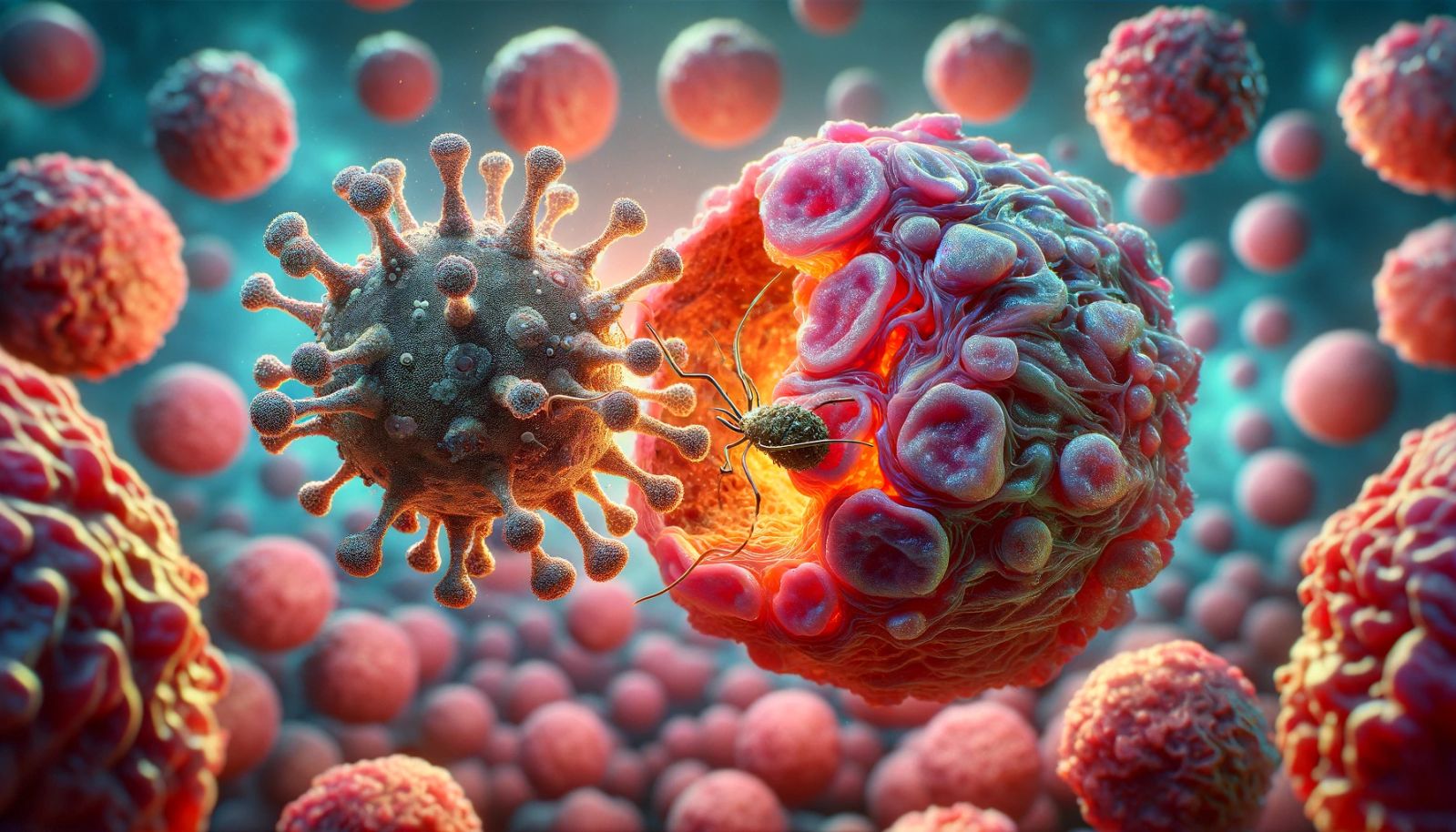The Zika virus demonstrates its effectiveness in eradicating... certain cancers
Follow us on Google News (click on ☆)
These mice showed an almost complete disappearance of tumors following the injection of Zika, with prolonged survival. Joseph Mazar, a researcher at Nemours Children's Hospital in Orlando, Florida, and the lead author of the study, described the results as "astonishing," with effectiveness of 80 to 90%. The tumors were eradicated after a single injection, with no recurrence or symptoms.

The concept of using viruses as treatment for cancer is not new. Since the 19th century, cases of healing following viral infections have been reported. These viruses, capable of targeting and destroying cancer cells, are called oncolytic. With the advent of genetic engineering in the 1990s, researchers have been able to modify these viruses to make them more specific and safe. Currently, four viruses are approved as specific cancer treatments, and others are in clinical trials.
The Zika virus, targeting immature nerve cells, led Dr. Tamarah Westmoreland's team, a pediatric surgeon, to study its potential against neuroblastoma, a cancer common in infants. The current treatments for this high-risk cancer have severe side effects.
In the study, Zika systematically eradicated high-risk neuroblastoma tumors with no recurrence or significant side effects in mice. Mazar emphasizes that the tissue surrounding the tumor remained normal after treatment. Westmoreland envisions Zika as a bridge therapy, potentially usable during radiotherapy or surgery to clean up high-risk neuroblastoma residues.
This discovery opens up perspectives for the use of Zika against other types of tumors. The researchers also tested the effectiveness of Zika on human neuroblastoma tumors in the laboratory, observing effects similar to those on mice. Despite robust viral production within the tumor, there was very little viral dissemination outside it, indicating that Zika could be a safe alternative therapy in humans.
Westmoreland and Mazar hope to see this treatment in human clinical trials in the coming years, given its effectiveness against human tumors in mice.